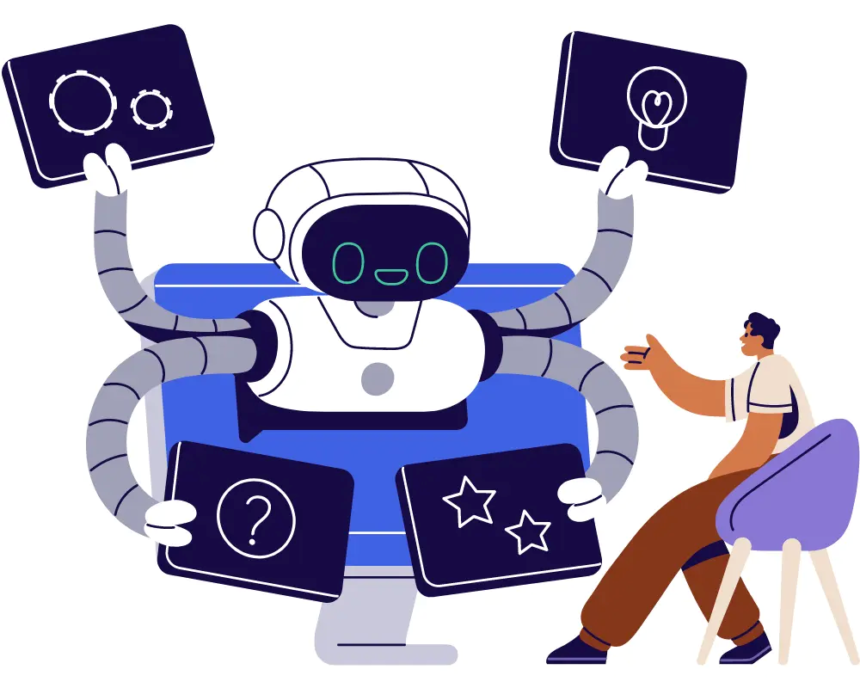- AI agents automate complex tasks across multiple systems
- Tech companies define them differently
- The technology faces significant development hurdles ahead
Tech’s New Buzzy Friend
AI agents represent the next evolution in automation technology – software that performs complex tasks across multiple systems on behalf of users.

These digital helpers can tackle everything from holiday shopping to flight bookings, moving beyond simple chatbot interactions.
The Definition Dilemma

Major tech players interpret AI agents differently. Google focuses on specialized task-based assistants, Asana envisions them like digital employees, Sierra aims to revolutionize customer experience. Despite varied interpretations, they share one goal: completing tasks autonomously.
Reality Check Time
Industry experts highlight significant challenges ahead. MIT robotics pioneer Rodney Brooks cautions against over-optimism, noting that cross-system operations remain complex.

The technology requires advanced infrastructure, multiple AI models working together, and improved reasoning capabilities before reaching its full potential.









